Chapter 4. Coded Character Sets And Encodings in the World
16
0x24 (dollar),
0x40 (at),
0x5b (left square bracket),
0x5c (backslash),
0x5d (right square bracket),
0x5e (caret),
0x60 (backquote),
0x7b (left curly brace),
0x7c (vertical line),
0x7d (right curly brace), and
0x7e (tilde)
are called IRV (International Reference Version) and other 82 (94 12 = 82) characters are called
BCT (Basic Code Table). Characters at IRV can be different between countries. Here is a few
examples of versions of ISO 646.
UK version (BS 4730)
US version (ASCII): 0x23 is pound currency mark, and so on.
Japanese version (JISX 0201 Roman): 0x5c is yen currency mark, and so on.
Italian version (UNI 0204 70): 0x7b is 'a' with grave accent, and so on.
French version (NF Z 62 010): 0x7b is 'e' with acute accent, and so on.
As far as I know, all encodings (besides EBCDIC) in the world are compatible with ISO 646.
Characters in 0x00 0x1f, 0x20, and 0x7f are control characters.
Nowadays usage of encodings incompatible with ASCII is not encouraged and thus ISO 646 *
(other than US version) should not be used. One of the reason is that when a string is converted
into Unicode, the converter doesn't know whether IRVs are converted into characters with same
shapes or characters with same codes. Another reason is that source codes are written in ASCII.
Source code must be readable anywhere.
footer
Our partners:
PHP: Hypertext Preprocessor Best Web Hosting
Java Web Hosting
Inexpensive Web Hosting
Jsp Web Hosting
Cheapest Web Hosting
Jsp Hosting
Cheap Hosting
Visionwebhosting.net Business web hosting division of Web
Design Plus. All rights reserved

